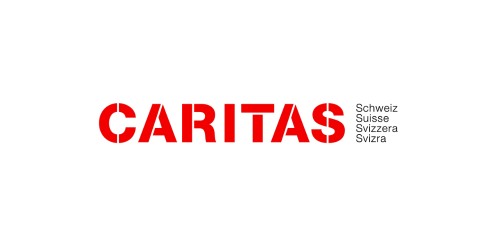Caritas Switzerland is implementing projects in Kosovo for more than 20 years. It began with humanitarian interventions directly after the war and shifted soon after into development cooperation. Today, Kosovo is still a country which faces manifold challenges (for instance high unemployment, weak institutions, emigration and re-immigration, discrimination and gender inequality) and belongs ...
Caritas Switzerland is implementing projects in Kosovo for more than 20 years. It began with humanitarian interventions directly after the war and shifted soon after into development cooperation. Today, Kosovo is still a country which faces manifold challenges (for instance high unemployment, weak institutions, emigration and re-immigration, discrimination and gender inequality) and belongs to the poorest countries of Europe.
In the strategic period 2021–2025, Caritas Switzerland will plan and implement projects based on the needs of the country and its population as well as on the longstanding experience of Caritas Switzerland in Kosovo. The focus will be put on the themes income (particularly food security/agriculture and vocational education and training (VET)) and migration (re-integration of repatriated persons, potentially human trafficking and labour migration). All current and future projects are resp. will be designed to work in a systemic way, in cooperation with the related actors and existing structures. A broad range of partners, stakeholders and beneficiaries are included in the diverse projects and capacity building, organizational development as well as inclusion of women and members of ethnic minorities are of importance. Additionally, the projects will be implemented according to Caritas Switzerland’s working principles Gender, Conflict-Sensitivity, Strengthening of Partners and Participation and will put emphasis on knowledge management. Caritas Switzerland in Kosovo works country-wide and is being implemented in many of the districts as well as on national level.
The Kosovo programme can implement its projects thanks to diverse bilateral donors, foundations as well as local municipalities and stakeholders, demonstrating high ownership and commitment.

